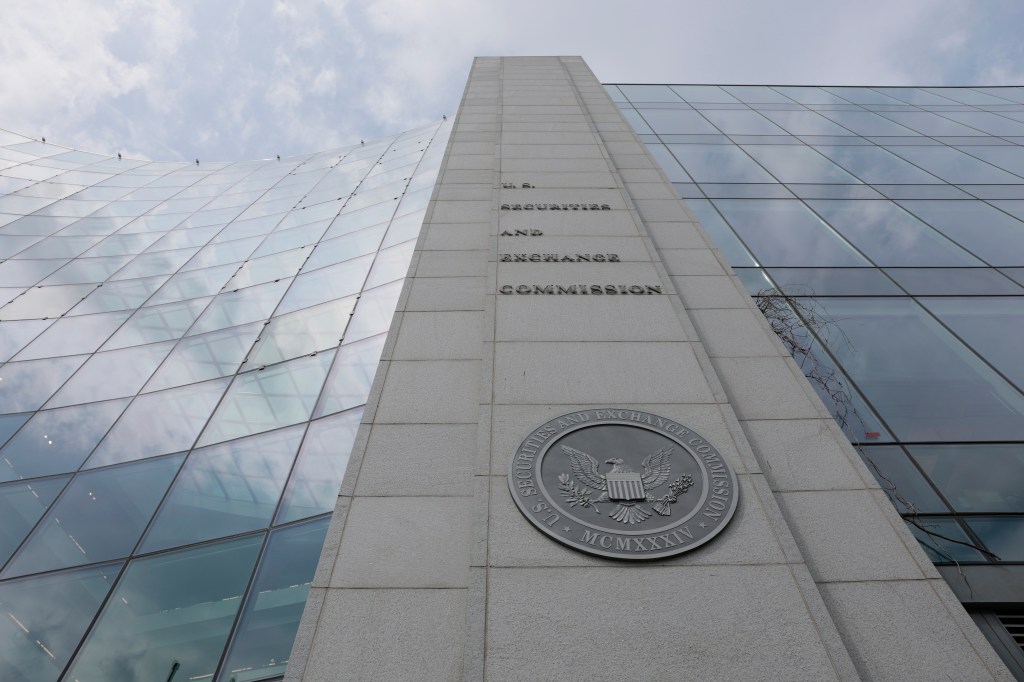The UK Government has tabled amendments and published further details about the proposed Foreign Influence Registration Scheme (FIRS) to allay concerns raised by diplomats and business executives.
FIRS was introduced to protect the UK political system from covert foreign influence. Under the proposals as amended, anyone dealing with specified governments
Register for free to keep reading
To continue reading this article and unlock full access to GRIP, register now. You’ll enjoy free access to all content until our subscription service launches in early 2026.
- Unlimited access to industry insights
- Stay on top of key rules and regulatory changes with our Rules Navigator
- Ad-free experience with no distractions
- Regular podcasts from trusted external experts
- Fresh compliance and regulatory content every day













